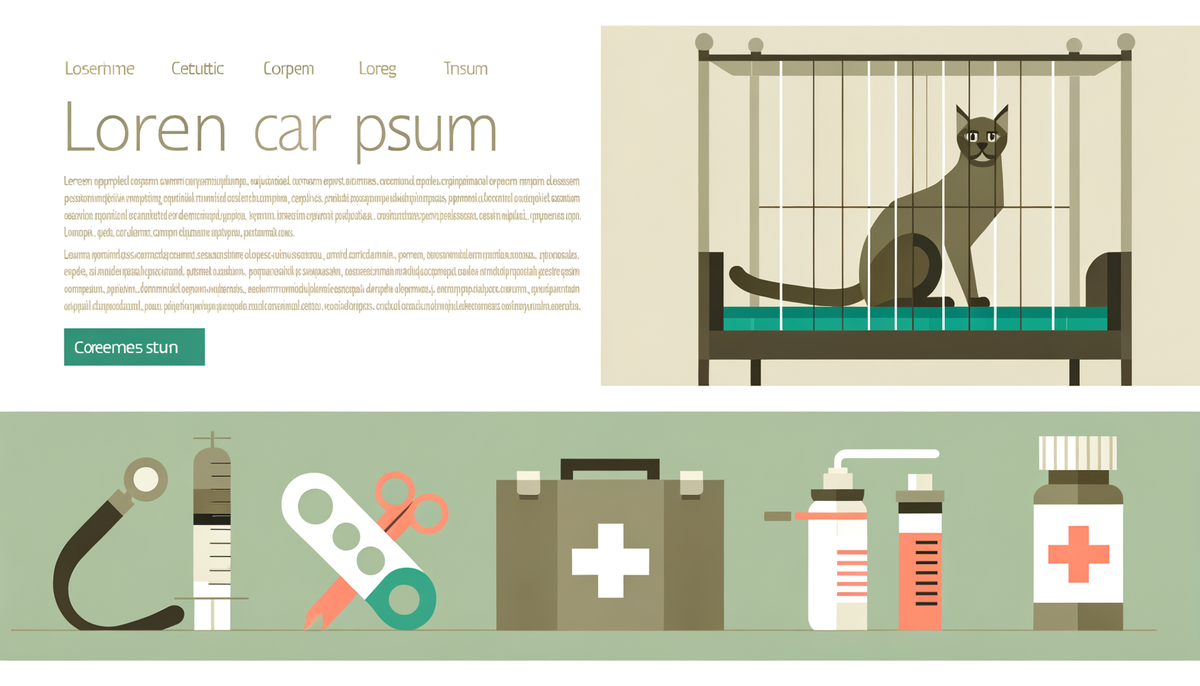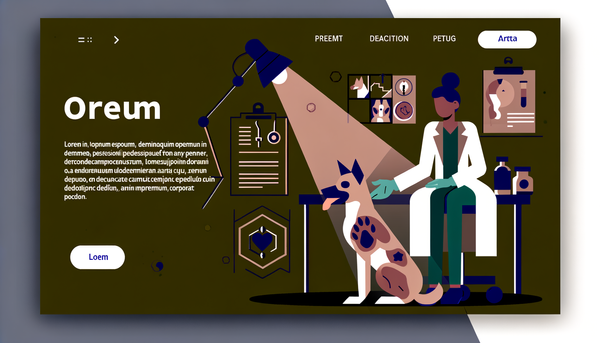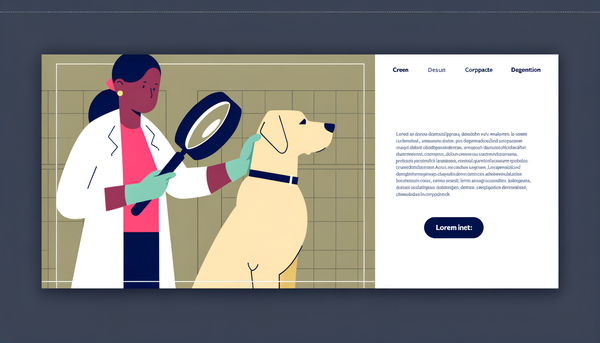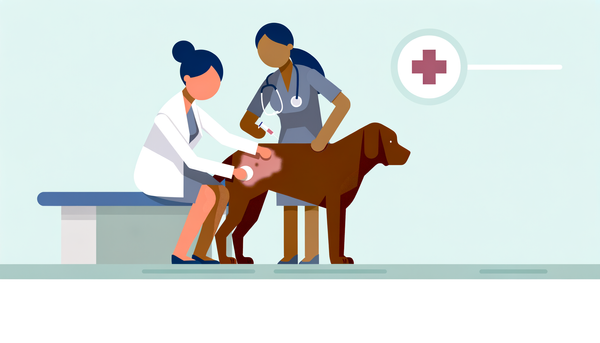How Can I Care for My Cat After Surgery?

Question:
Yesterday, my cat (M, 2 years) had his back right leg amputated. He is obviously struggling with pain and discomfort as well as being a little loopy from his meds. He has a large incision down where his leg has been taken off with both internal and external stitches. He HATES wearing a cone, we have both a soft and hard one that he has managed to get off. He will lash around and bang into things if he has it on which is honestly just a nightmare. We're worried about him licking his stitches and were hoping for any ideas to help avoid this.
Answer:
Caring for a pet after surgery can be a challenging time for both you and your furry friend. Here are some comprehensive tips to manage your cat's post-surgery care effectively, focusing on keeping his wound safe and preventing him from licking his stitches.
Managing Pain and Discomfort
After a major surgery like an amputation, it’s normal for your cat to experience discomfort and to be a bit disoriented from the anesthesia and medications. Here are a few tips to alleviate his pain and ensure his safety:
- Administer Medications: Ensure that you give pain medications exactly as prescribed by your veterinarian. If you notice any adverse reactions, contact your vet immediately.
- Monitor Behavior: Keep an eye on your cat's behavior. If he seems excessively lethargic or overly restless, consult with your vet to adjust his medication.
Keeping the Incision Site Clean
The incision needs to be kept clean to prevent infections:
- Inspect the Wound: Check the incision site daily for any signs of infection such as redness, swelling, or discharge. If you notice any of these, contact your veterinarian.
- Clean with Care: If advised by your vet, gently clean the area around the incision with a saline solution. Avoid using any harsh disinfectants that are not recommended by the vet.
Preventing Licking Without a Cone
Since your cat is able to remove cones, here are alternative methods to prevent him from licking his stitches:
- Surgical Recovery Suits: These are specially designed suits for pets that cover the surgical site and prevent them from accessing stitches.
- Bandaging: A light, breathable bandage can sometimes deter licking. Ensure it is not too tight and does not restrict movement or circulation.
- Distraction Techniques: Keep him engaged with toys and activities to divert his attention from the wound. Interactive toys or treat-dispensing puzzles might keep him busy enough to forget about the stitches.
Creating a Comfortable Environment
A calm and comfortable environment aids in faster recovery:
- Rest Areas: Create a quiet, comfortable space for your cat to rest where he won't be disturbed by other pets or noise.
- Temperature Control: Keep the room at a comfortable temperature, as a too cold or warm environment can add to his discomfort.
- Soft Bedding: Provide soft bedding to avoid any additional pressure on the incision site.
Dietary Considerations
Proper nutrition can expedite the healing process:
- Balanced Diet: Feed a balanced diet rich in proteins and vitamins that support tissue repair and healing.
- Hydration: Ensure your cat stays well-hydrated, as fluids are essential for recovery.
- Supplements: Ask your vet if any supplements like omega-3 fatty acids might help in the healing process.
Follow-Up Care
- Vet Visits: Regular follow-up appointments with your vet are crucial to monitor your cat’s recovery and address any arising complications.
- Wound Management: Continue to follow wound management and care instructions from your vet diligently.
By following these steps, you can help your cat recover smoothly from his surgery and prevent him from causing harm to his incision site. If you have any concerns during the recovery process, don't hesitate to contact your veterinarian for guidance.



